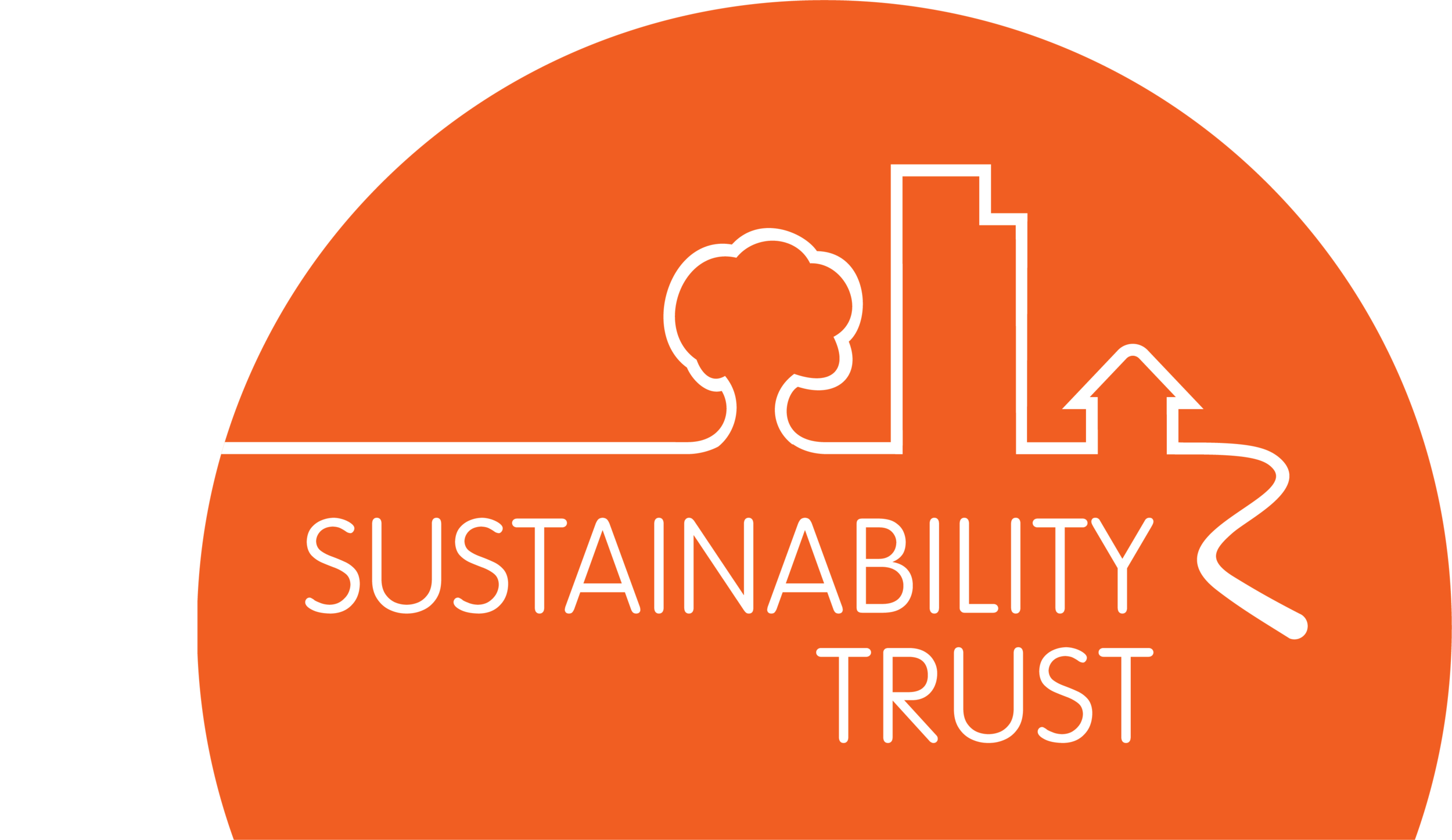Let's get Wellington composting
Published 10 December 2019
2020 is going to be a big year for community composting in Wellington
Image from kaicycle.org.nz
We’re delighted to share that next year we’ll be working alongside our pals at Kaicycle and GrowSpace Wellington to set up three community composting hubs in Pōneke.
Each hub will service food / green waste composting needs for surrounding households. They will form part of a network that is connected to the existing Kaicycle Hospital Road Farm.
How the hubs will work:
Participants will attend an induction and drop off their organic waste to be composted at the hubs.
A Compost Network Manager will ensure high-quality compost is produced and that the hubs are well-maintained.
The compost bins will be rodent-proof and each hub will partner with local Predator Free groups and will have 3 traps in close vicinity.
The service will be available to participating households for around $3 per week (this will be tested during the trial and we will seek feedback from the communities).
Each hub will have three to six bins designed to service between 50 to 100 households.
Compost generated by each of these hubs will be given freely to local gardening projects growing healthy food for their communities.
Pretty cool huh?
Location of hubs:
As you can imagine, we’ve received enthusiastic expressions of interest and support from various potential sites around Wellington.
We are currently in discussion with WCC about the approval process for each site and will announce the location of each hub in due course.
Why this is important?
Globally we have a real issue with food waste. Wellington households generate an estimated 39,000,000L of food waste each year. We need to start viewing organic waste as a valuable resource capable of regenerating our soils, rather than as a harmful waste product.
Plus we know that Wellington wants this because it’s a common query on our Facebook page.
Why community composting?
We’ve chosen community composting because unlike home compost systems, we can send a composting expert round to each of the sites to monitor the health of the compost and to ensure they remain rat-free.
We’ve chosen to trial a decentralised community composting model because it’s easier to roll out at scale than a commercial system (which requires trucks to transport the compost as well as infrastructure to process it). A decentralised system also means more co-benefits for the community, such as building local soil, carbon storage and increased resilience through more local food growing.
How is this possible?
This initiative is made possible thanks to seed funding from Wellington City Councils Arts and Culture, Social and Recreation, Natural Environment, and Waste Minimisation Seed Funds.
Want to learn more about community gardening in Wellington?
Check out our Food is Free Urban Agriculture programmes


